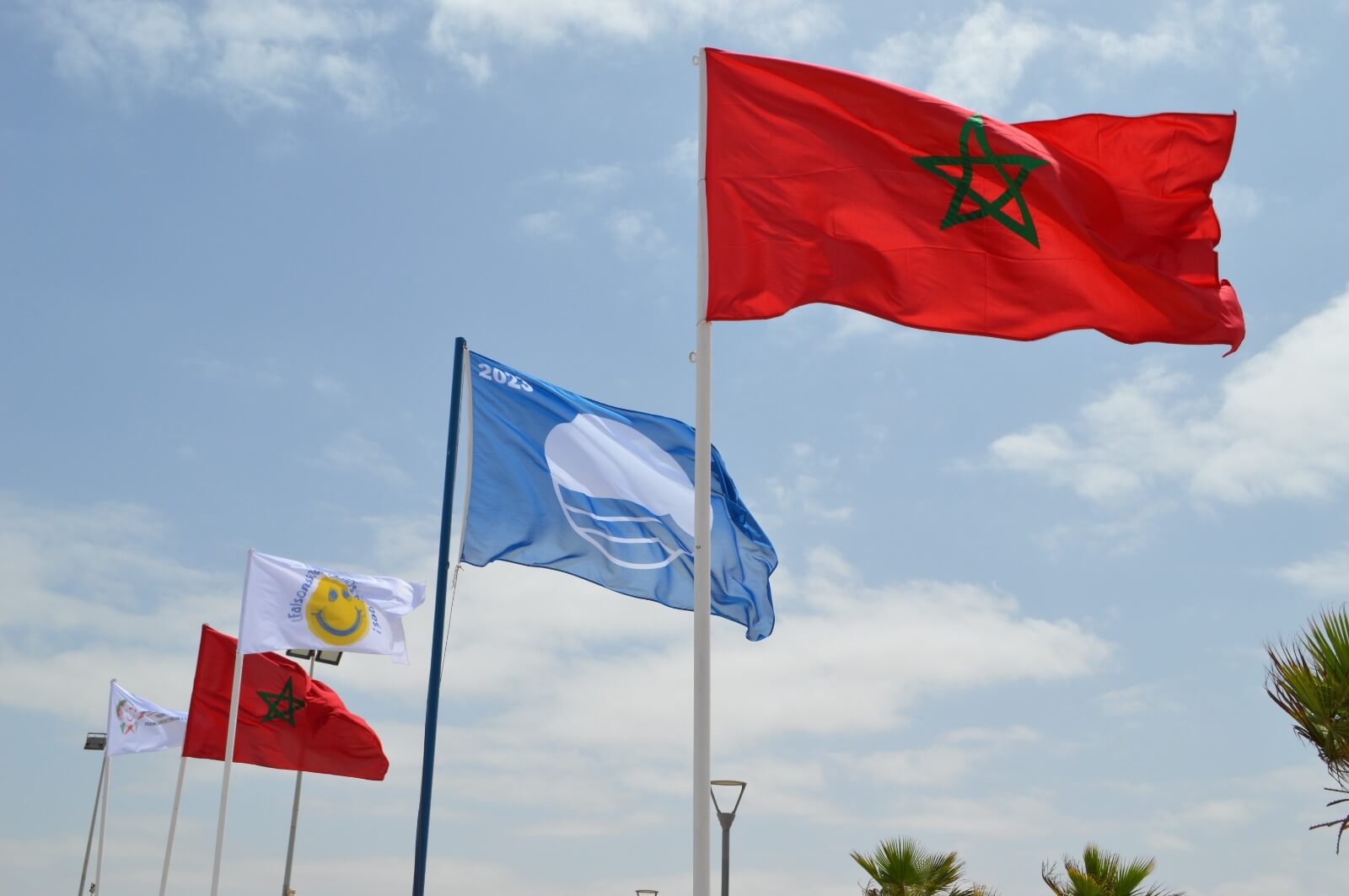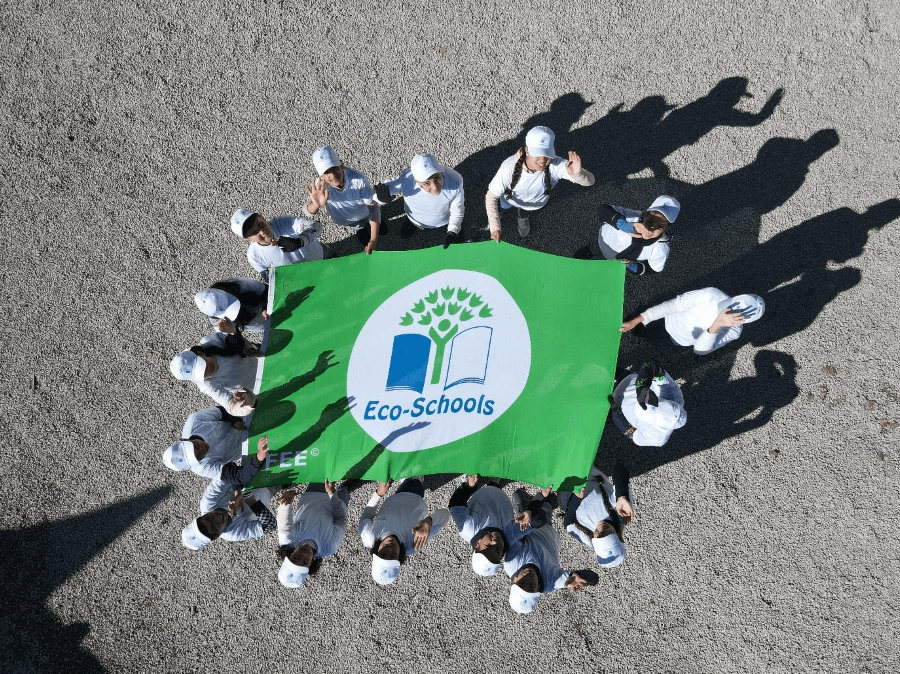
28 April 2014
April 28, 2014 : Marrakech Palm Grove Protection and Development: a mid-term assessment
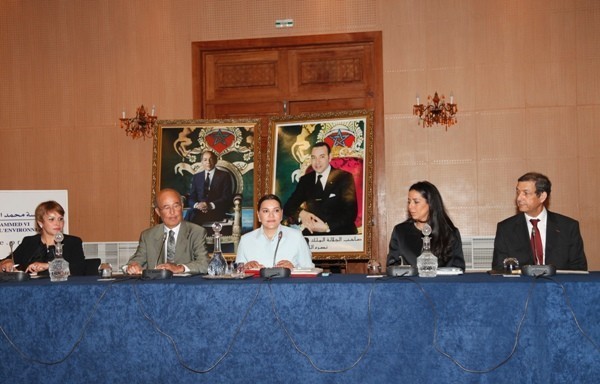
Seven years after its launch, the program performance displays substantial results: 542,000 plants were planted, representing 26% of more than the original target. 8,000 of these palms were planted as part of a voluntary carbon-offset program, with support from large Moroccan companies.
The water management and the promotion of renewable energy are making great strides. The Foundation, in collaboration with its partners, is working on an irrigation project for new plantations using recycled water of Marrakech wastewater treatment station. A first phase will cover 200,000 palm trees over 570 hectares, which will save 725,000 m3 of groundwater annually. For other plantation sites that cannot be irrigated with wastewater, wells will be equipped with solar powered pumps. Two are already operational.
The Foundation works with stakeholders to better protect the palm grove under the next urban development plan for Marrakech. It also examines the transformation of the Oulja by 2015, an area of 250 hectares in the west, a Site of Biological and Ecological Interest (SIBE), which would make an environmental sanctuary.
Finally, the program explores the possibilities to enhance the activity of some of farmers within the palm grove, in order to maintain this ancestral activity necessary for the ecosystem, and it conducts awareness raising actions by developing programs that have already proven themselves: Young Reporters for the Environment, Eco-Schools, and the Green Key eco-label for tourist lodging facilities.
Her Royal Highness Princess Lalla Hasnaa also launched the Ghabat Chbab rehabilitation program, known as the Grove of Independence, an area of 180 hectares of olive groves situated between the city and the Menara Gardens. This rehabilitation is part of the “Marrakech, City of Permanent Renewal program”, launched by His Majesty King Mohammed VI in January 2014.
The convention was signed by the Foundation and four entities: Les Domaines and the municipality, which are co-owners of the property; the General Directorate of Local Authorities (DGCL) to provide technical, administrative and financial support; and the Wilaya, under its administrative and technical capacity to fulfill the role as the project manager.
This agreement sets out the responsibilities and obligations of each party for this program. It will rehabilitate plantations and set up a modern and efficient irrigation system, and various development works. True to its approach, the Foundation will ensure that the rehabilitation is done in remaining true to the spirit of its designers.
The Foundation has a lot of experience for this kind of operation: Ghabat Chabab will be its fifth historic garden to be restored, after the Bouknadel exotic gardens in Salé and Arsat Moulay Abdeslam in Marrakech (2005), Jnane Sbil in Fes (2010), and Ermitage Park in Casablanca (2011).

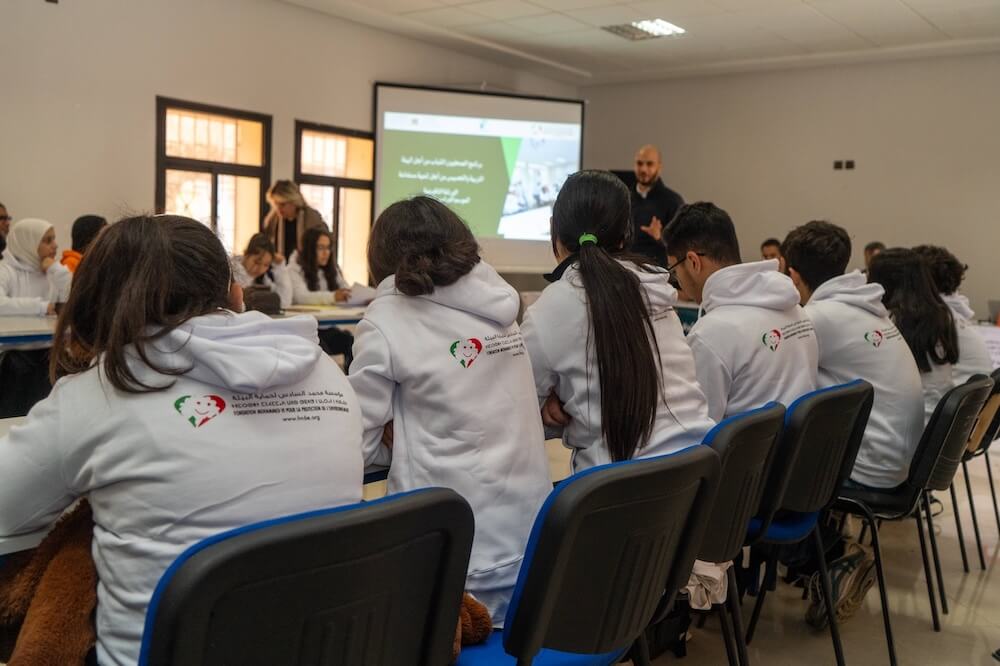
Enhancing Education for Sustainable Development: Launch of Regional Workshops for the Training and Capacity Building of the Educational Community for the 2024-2025 School Year
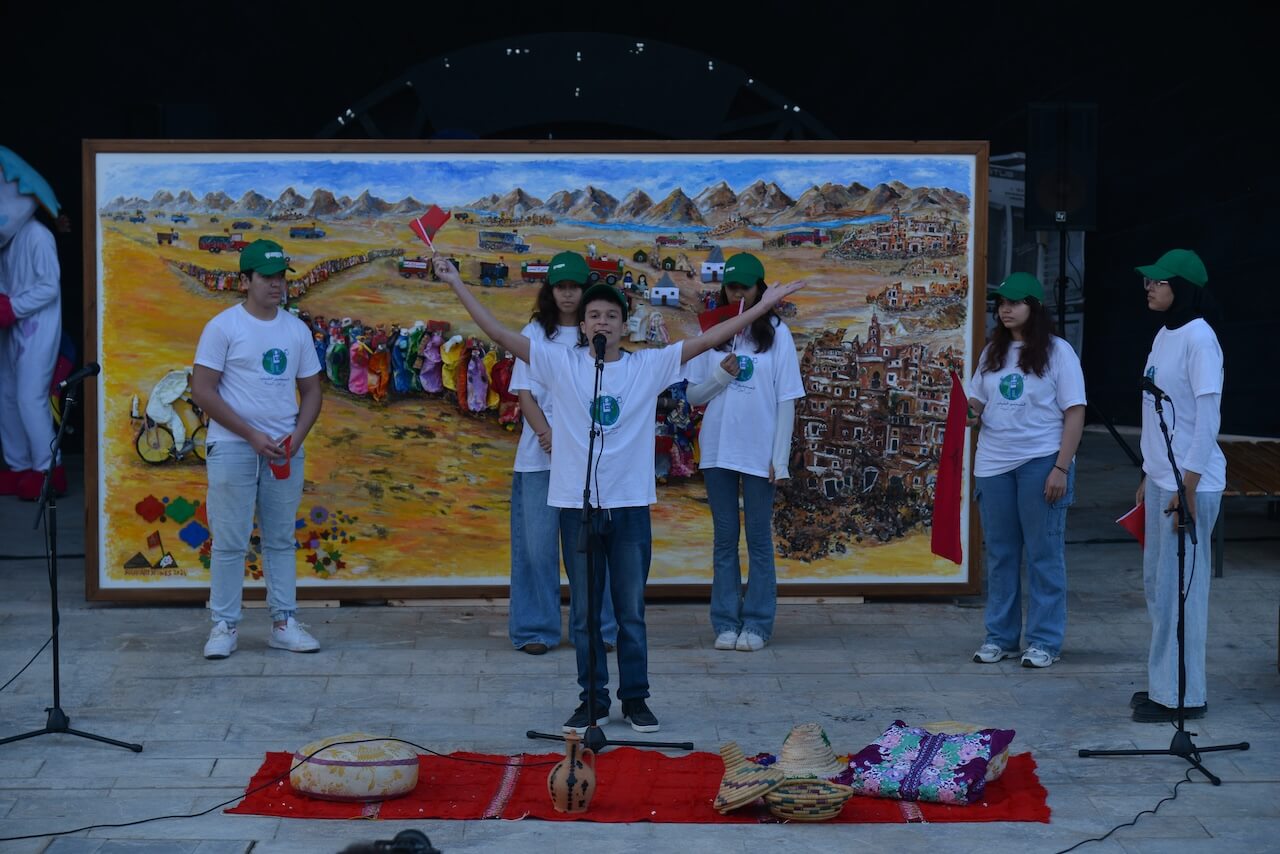
National Training Workshop for Coordinators of Education for Sustainable Development: Driving Innovation and Digitalization for Change, with the Restitution Ceremony of the Solid’Art Jeunes Project
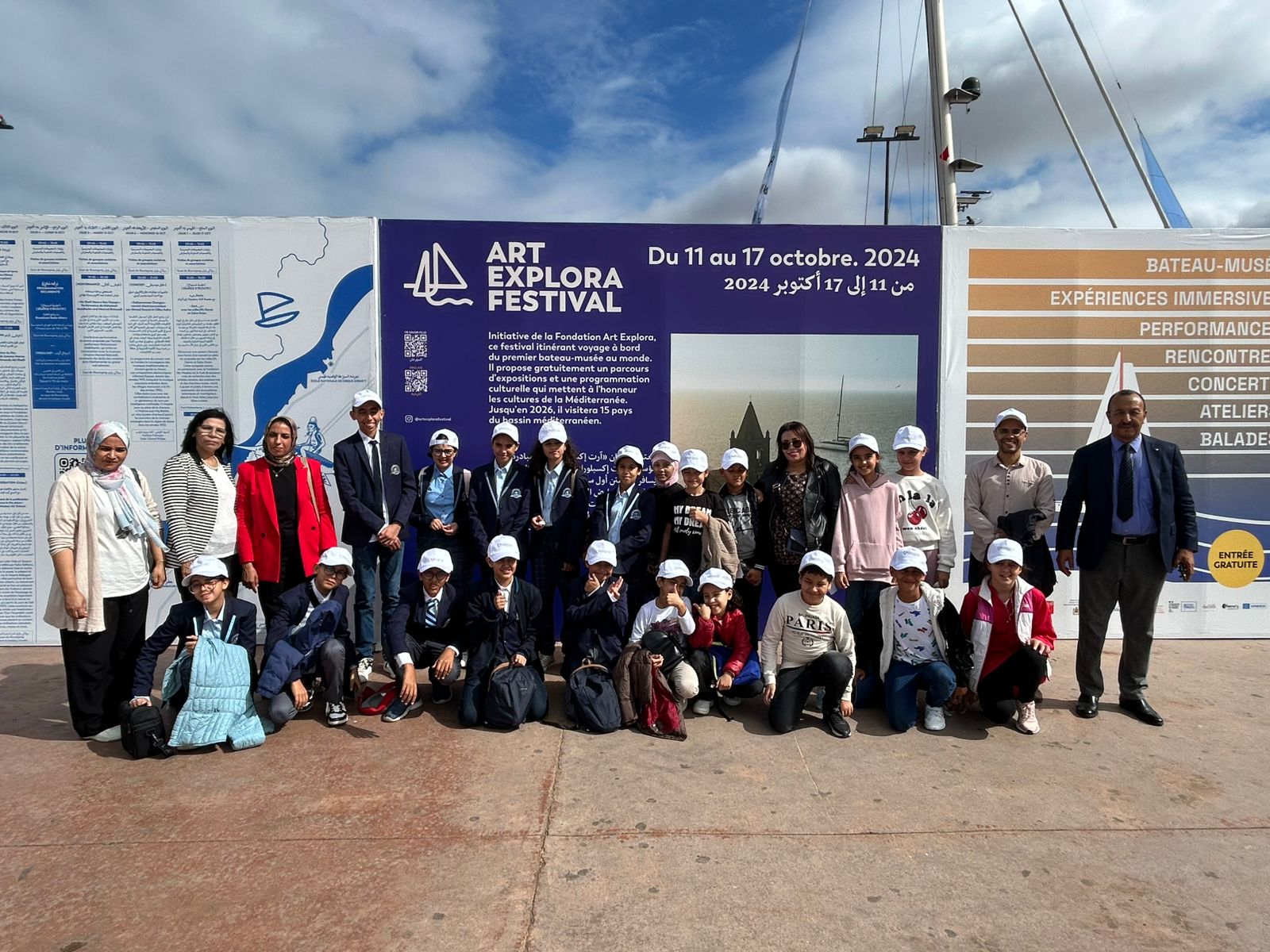
Sustainable Creativity: Eco-Schools and Young Reporters for the Environment dive into the World of ArtExplora in Rabat
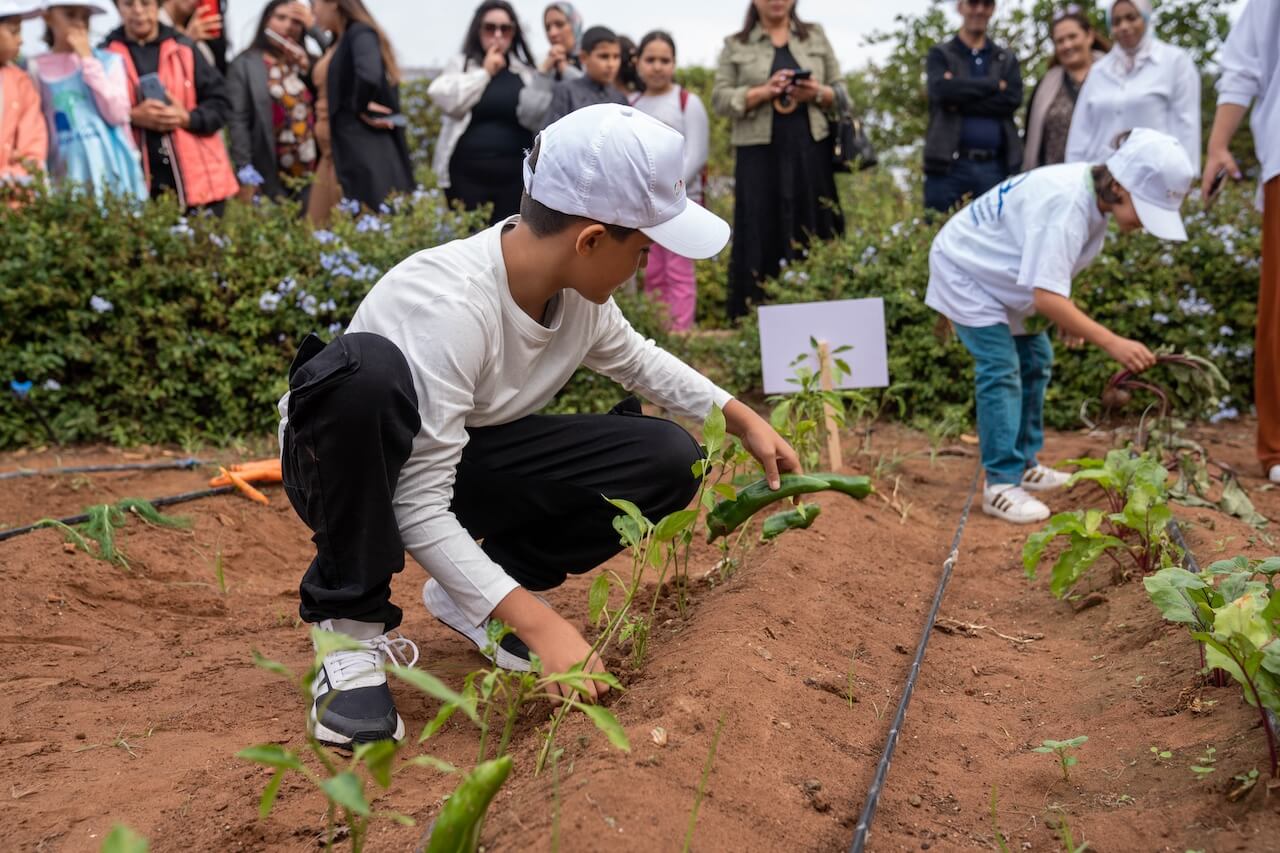
World Food Day
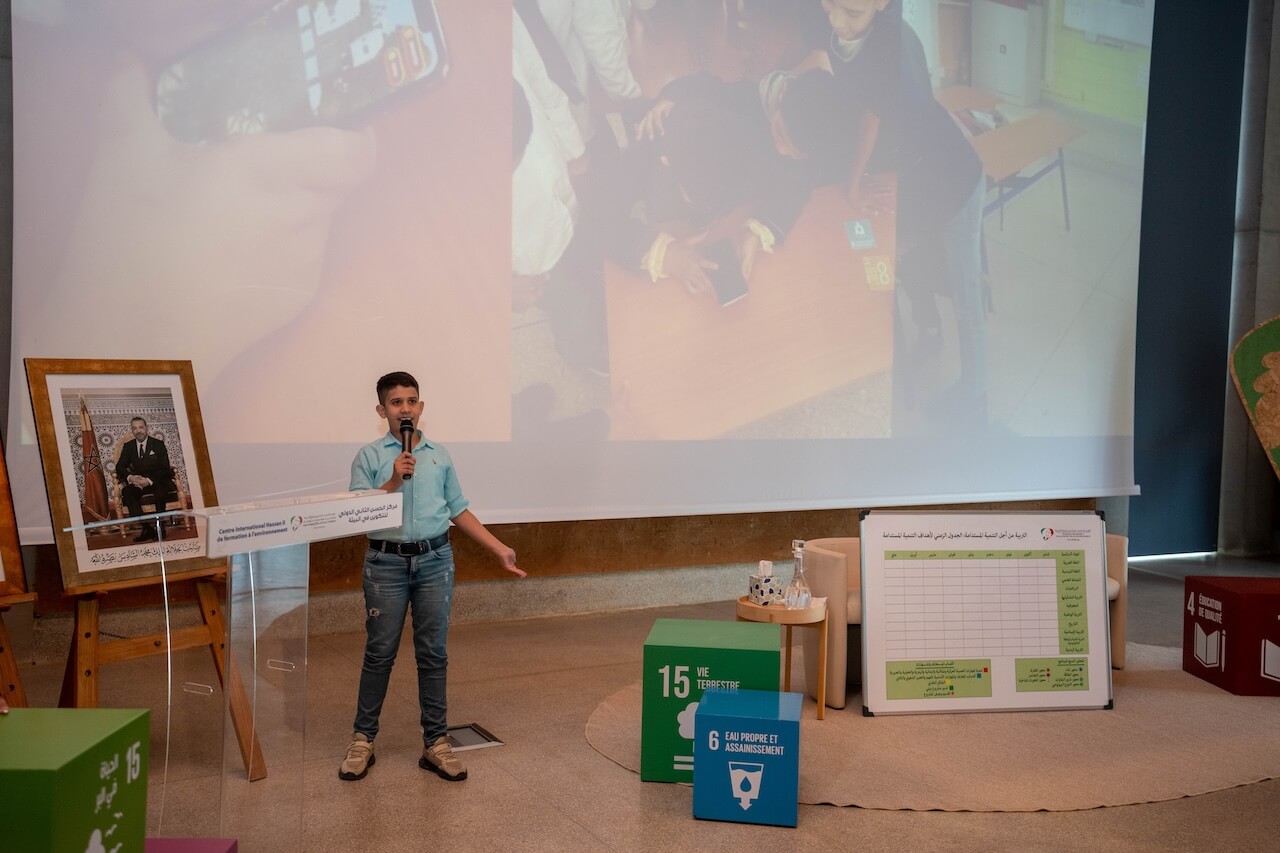
World Environmental Education Day
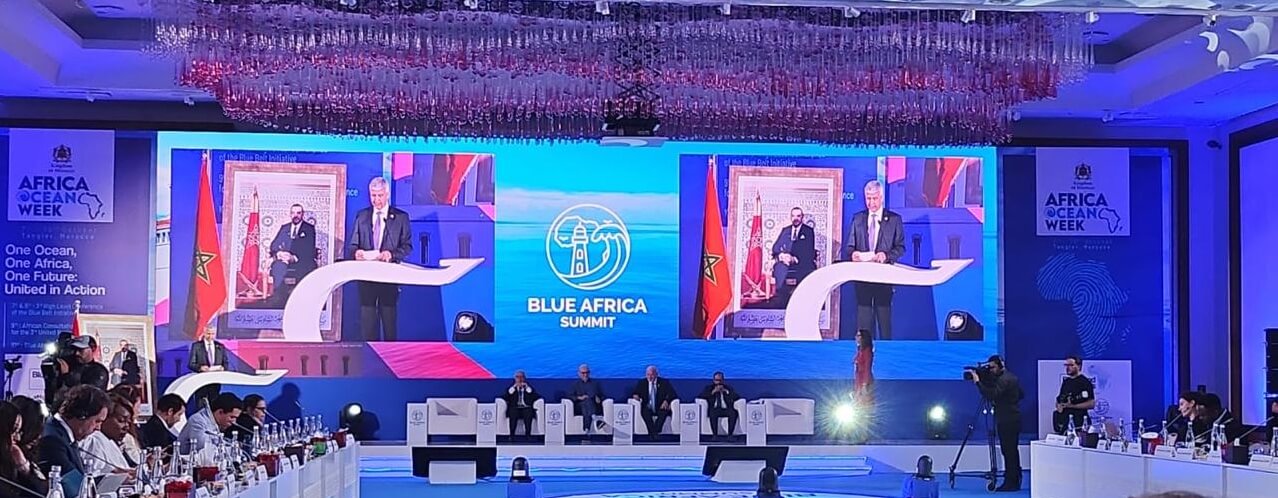
The Mohammed VI Foundation for Environmental Protection took an active part in the “African Consultation in preparation for the 3rd United Nations Conference on the Ocean” and the “Blue Africa Summit” in Tangier.
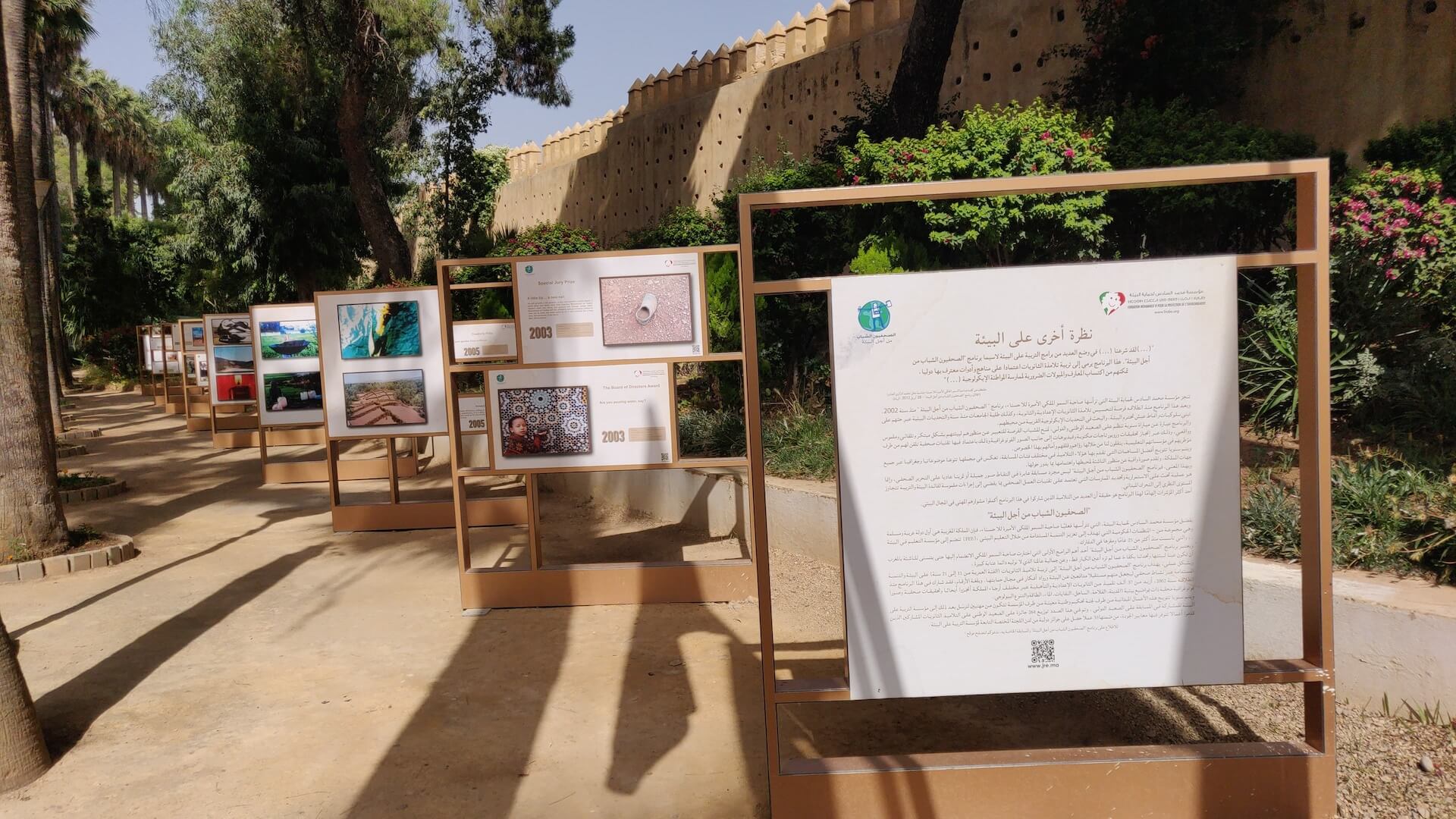
22nd Young Reporters for the Environment competition: natural disasters as theme
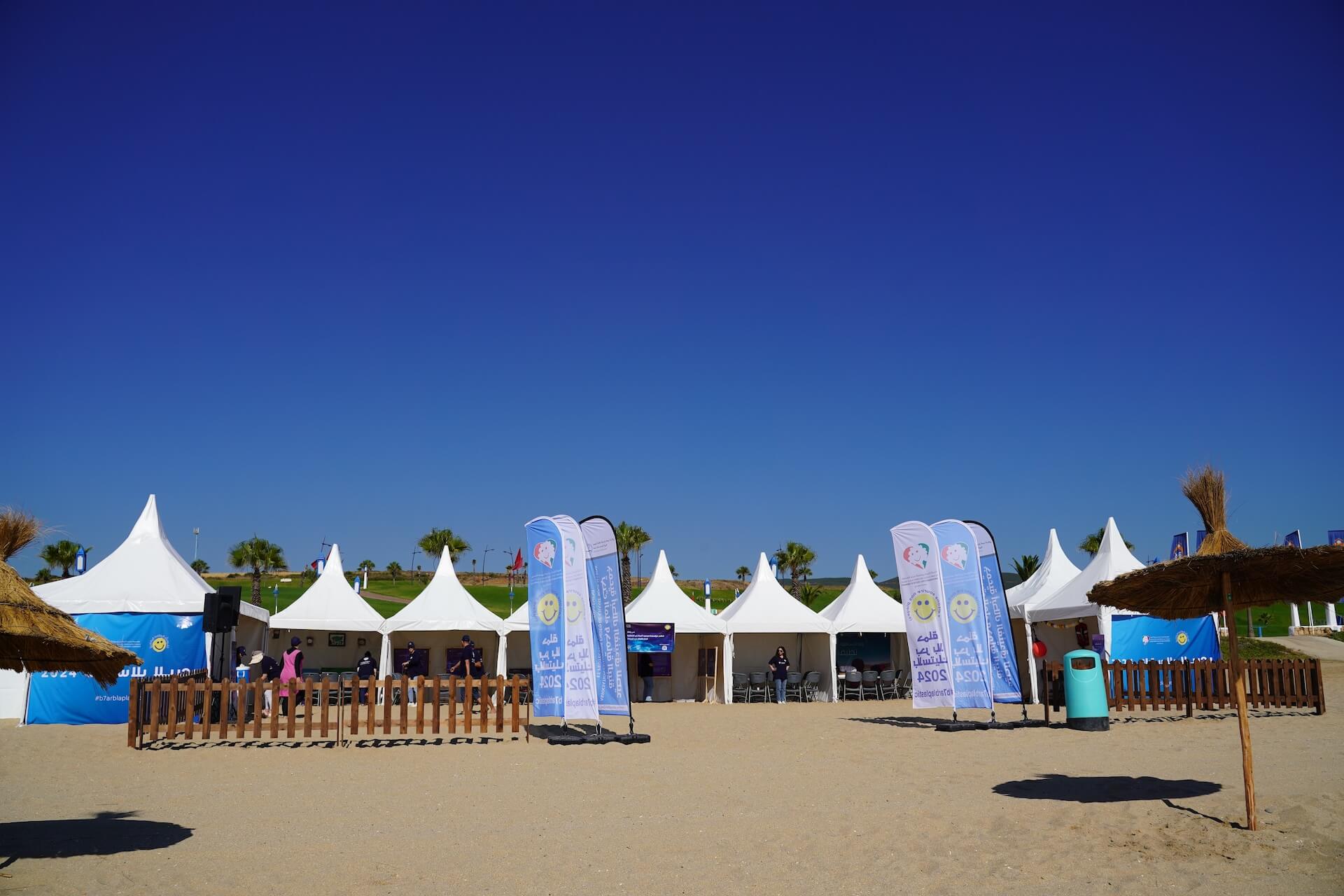
The Mohammed VI Foundation for Environmental Protection launches the 5th edition of the #Bharblaplastic operation (#SeasWithoutPlastic)
